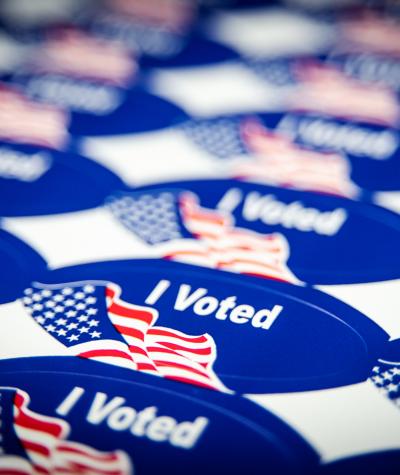Eighteen states and the District of Columbia have implemented or are in the process of implementing automatic voter registration (AVR). In 2019, the Brennan Center found that AVR increased the average registration rate in every state where it was implemented. Oregon, the first state in the country to implement AVR, has seen its voter registration rates quadruple.
While more states than ever have adopted AVR, only six states have passed AVR laws that include registration at agencies that administer Medicaid benefits: Colorado, Maryland, Maine*, Massachusetts, New York, and Washington*. Many states have primarily or solely implemented AVR at their Department of Motor Vehicles (DMV).
Tethering AVR access to the local DMV necessarily limits the categories of voters that will benefit. States should work to expand AVR to agencies that administer Medicaid benefits in order to ensure equitable access to the system.
Many Americans do not own or drive a car and, as a result, do not visit the DMV. That is part of the reason why Campaign Legal Center (CLC) regularly litigates against strict photo voter ID laws, which disproportionately disenfranchise African American, Latino, and Native American voters.
The citizen population that has access to a vehicle also necessarily excludes low-income and disabled communities. Expansion of AVR to state agencies that administer Medicaid benefits, which are not related to a citizen’s ownership or use of a private vehicle, is crucial to an inclusive AVR system.
Colorado’s current AVR system—as enacted in 2019—is an excellent model of this practice. The state’s AVR process automatically begins for all eligible individuals who interact with Colorado’s Department of Health Care Policy and Financing, giving voters the opportunity to opt-out via mailer.
The For the People Act, H.R. 1, which would require all 50 states to implement AVR at state agencies that administer any program under the Patient Protection and Affordable Care Act (including Medicaid), presents an effective solution to modernizing and streamlining the voter registration process in an equitable manner.
AVR’s ability to increase the percentage of Americans registered to vote is a key reason it should be widely implemented. Traditionally, the U.S. voter registration rate has severely lagged behind the rate in other countries. One reason America falls behind other countries may be the difficulty of the voter registration process.
Implementing AVR nationwide, specifically at state agencies that administer Medicaid, would ease that process and increase the percentage of registered voters. States should work to implement and expand AVR systems so that all eligible residents, not just those who drive, have the opportunity to be automatically registered to vote.
Our democracy works best when everyone can participate.
*Colorado, Maine, Maryland, and New York have passed legislation that makes AVR available through agencies that administer Medicaid, but have not yet implemented the systems.
